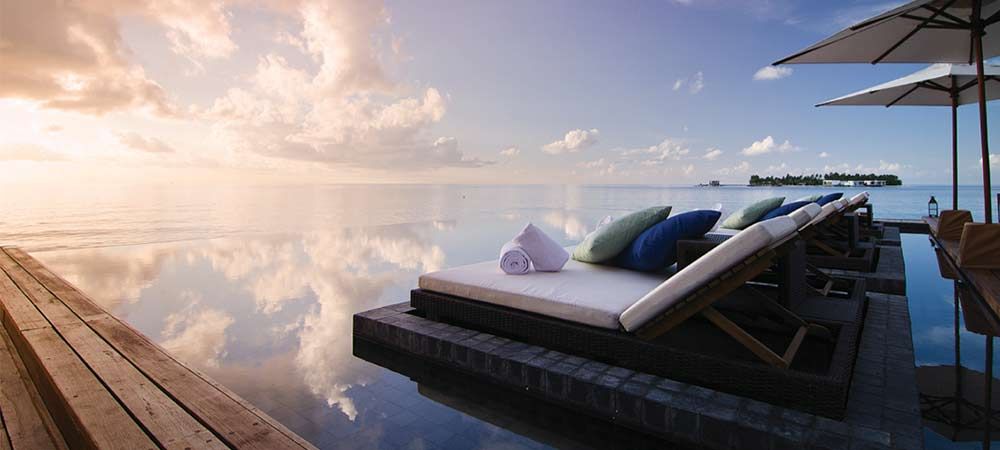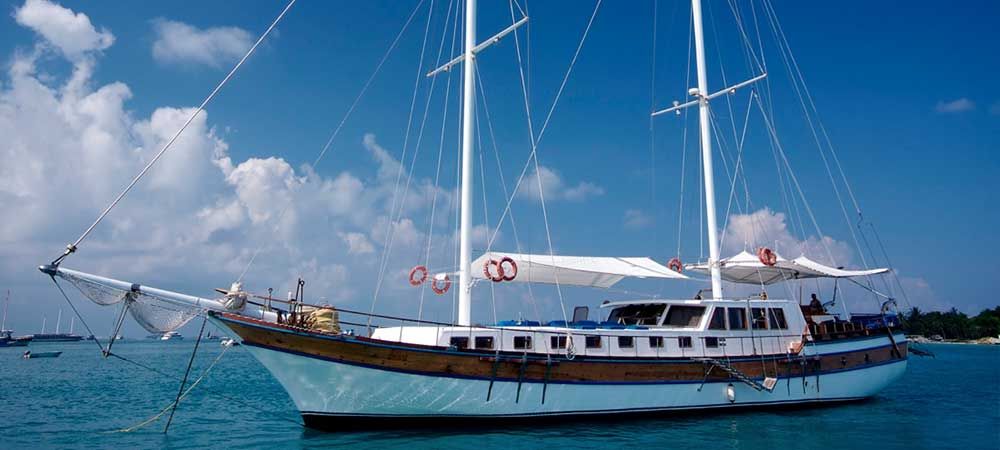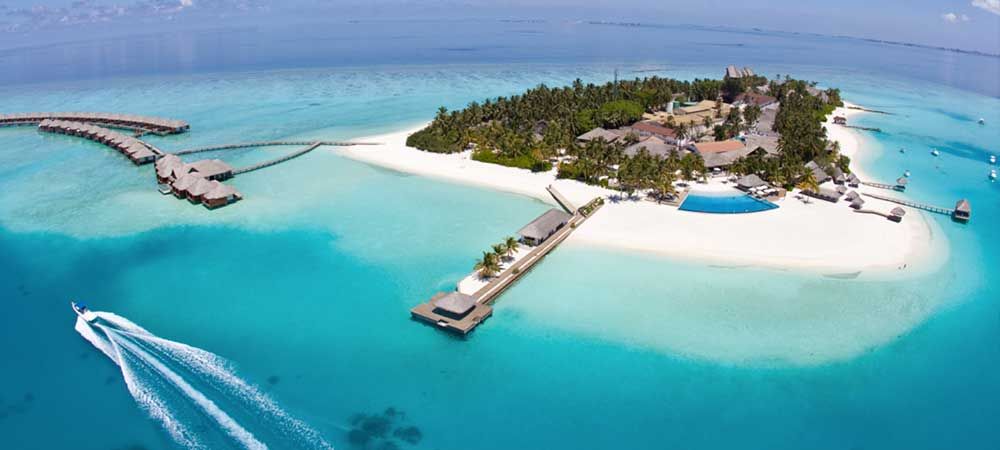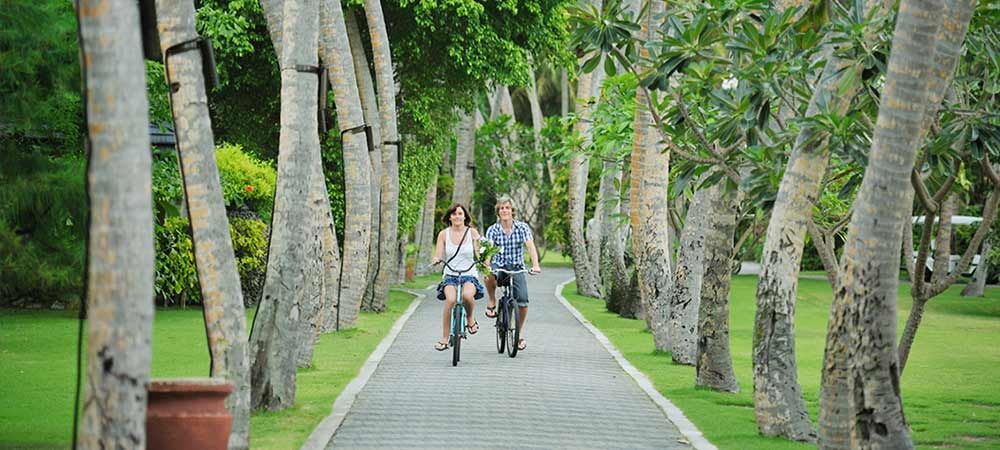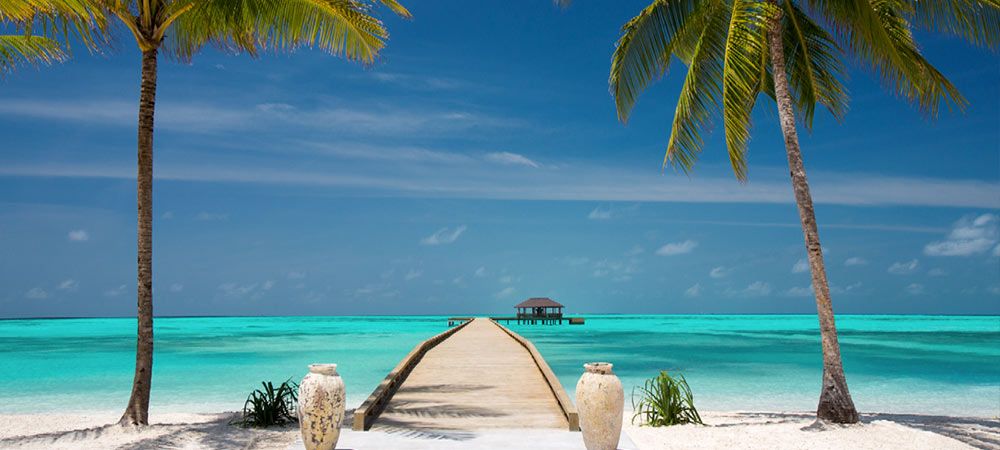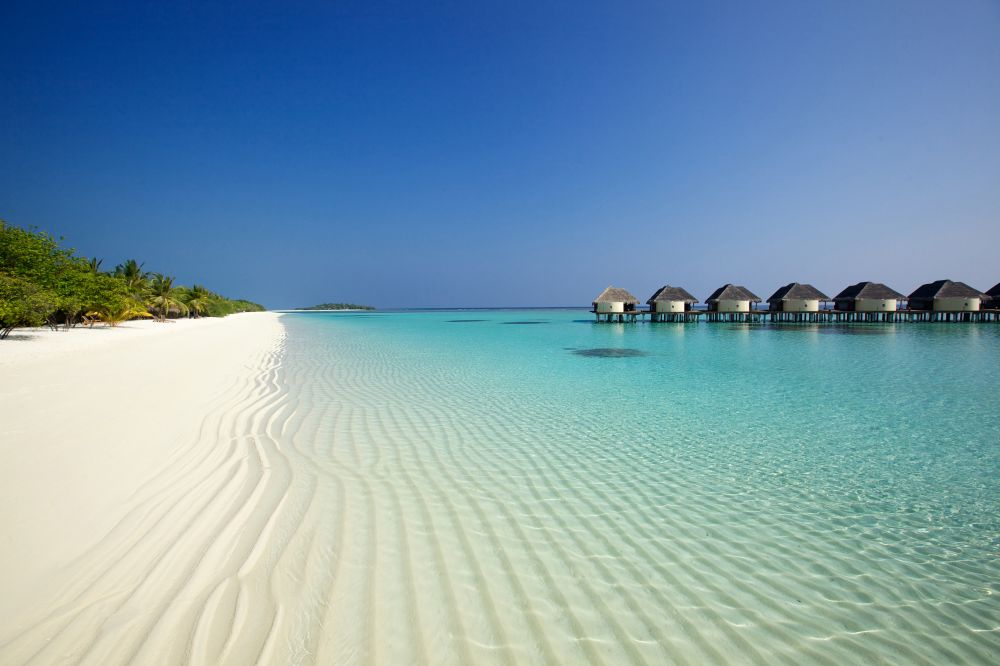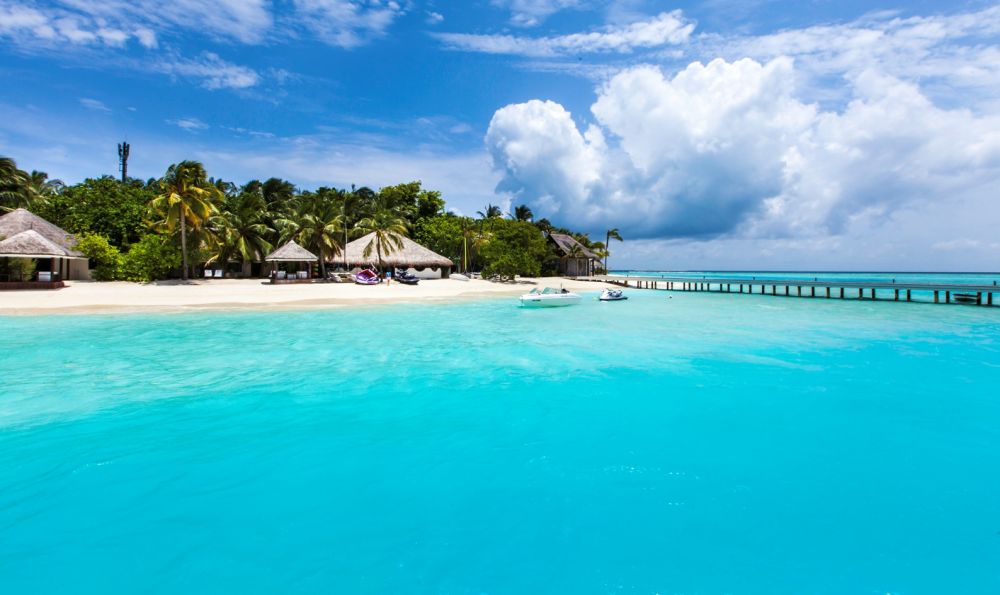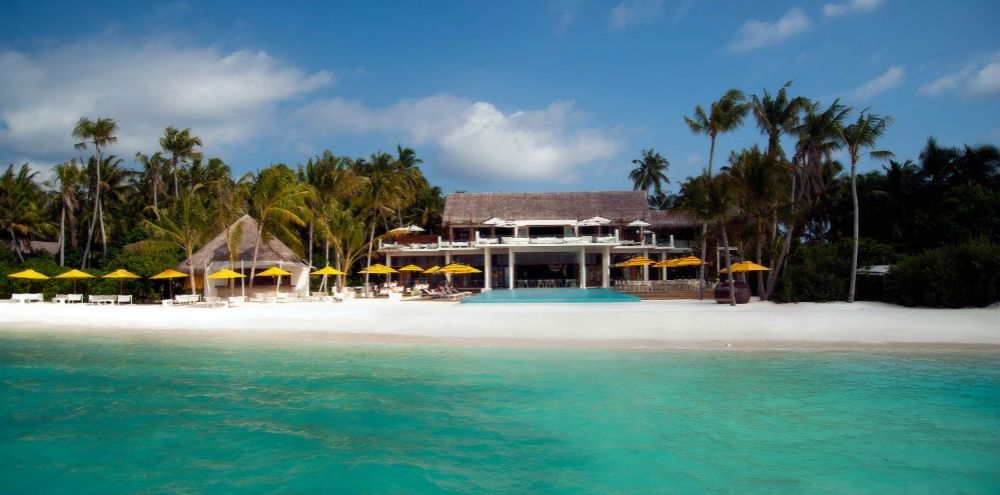Culture
The islands of Maldives appear in-between the trading route of the Indian Ocean. Thus settlers, and visitors from neighbouring regions and around the world have come in contact with the islands for as long as history has been recorded. Such is the to-and-fro flow of people and their cultures, that a marked effect has been left in the Maldivian people, the language, beliefs, arts, and attitudes.
The looks of the Maldivian people may differ from one atoll to the other, attributing to the genes passed on by South and Southeast Asians, Africans, and Arabians. The language, Dhivehi, differs in dialect in some regions in the south of Maldives, possibly due to the secluded nature and subsistent ways of island life. Maldivian beliefs have been very much based around religion and superstition, often used together in matters of significance but given separate positions in society. In matters of faith, Islam dominates, but influence of the supernatural still continues to play a major role in most island communities, possibly giving credit to the folklores and Buddhist traditions of the islands’ first settlers before conversion to Islam in 1153 AD.
The mixing of cultures is very much seen in Maldivian arts. The music played with the local bodu-beru (big-drum) resemble that of African drumming. The dhoni (a unique Maldivian sailboat) is an art form itself built with skilled craftsmanship, with significant similarities to the Arabian dows. The fine artistry of Maldivians, seen in the intricate details on wooden beams in antique mosques, represents what we have gained from Southeast Asian architecture. Then there is the undefined: the distinct geometric designs used in mats woven from local materials, the embroidered neckline of women’s traditional dresses and their ornaments too, expose another story brought in from an unknown culture that has seeped in to Maldivian society.
Maldivians are quite open to adaptation and are generally welcoming to outside inspiration. The culture has always continued to evolve with the times. Locals still eat fish and fishermen still spend days out at sea, but tourism now takes a standing prominence. Most Maldivians still want to believe in upholding unity and oneness in faith, but recent waves of reform in the country have created a whole new culture of new ideas and attitudes. The effects of the modern world are now embraced, while still striving to uphold the people’s identity, traditions and beliefs.


